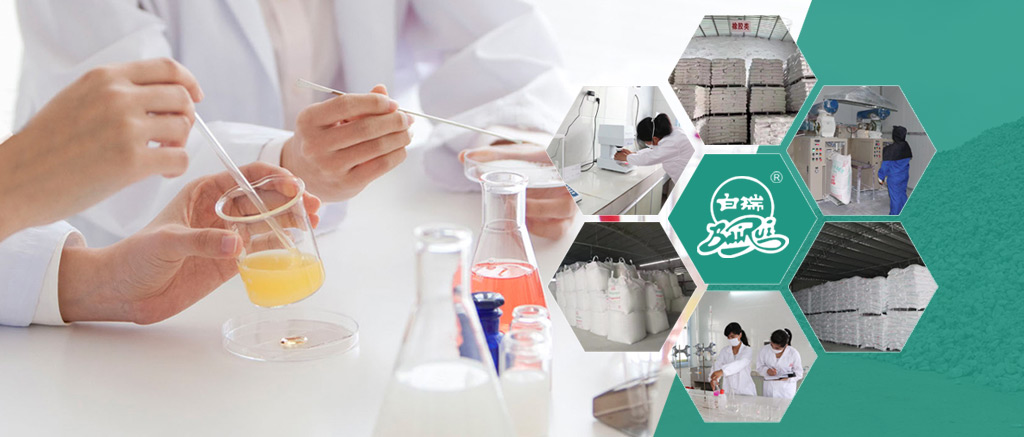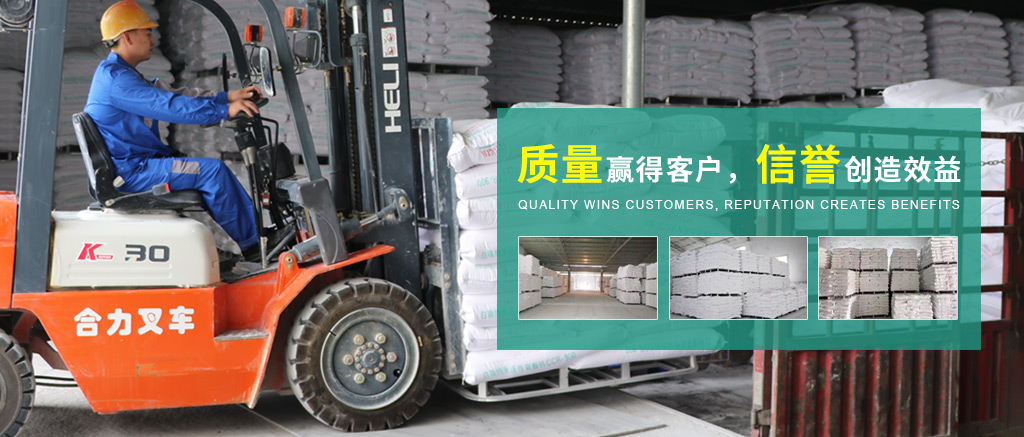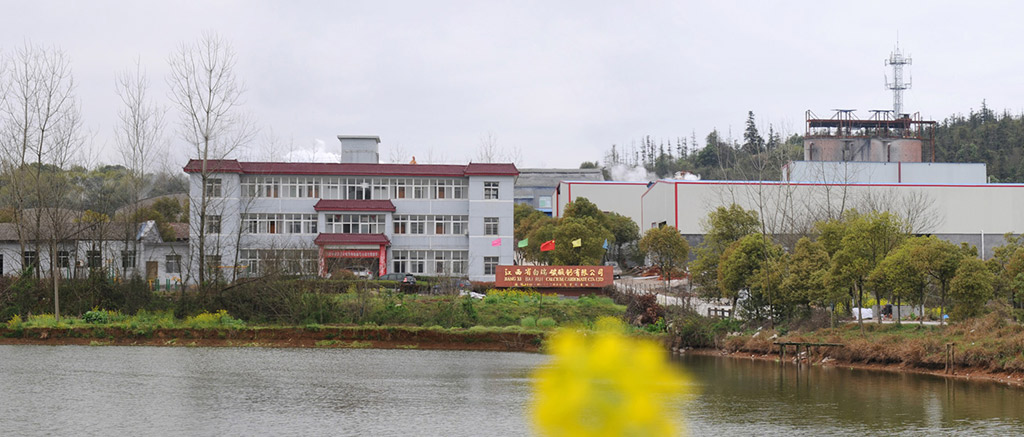Dry grinding of heavy calcium carbonate, how much water content of raw ore suitable?
Time: 2019-03-25
Heavy calcium carbonate powder is natural calcite, marble or chalk as raw materials, after mechanical equipment grinding and grading to a certain fineness powder. At present, there are many kinds of heavy calcium processing equipment in China, such as: Raymond mill, impact mill, dry mixing mill, air mill, vertical mill, ring roller mill, vibration mill and ball mill, etc., they are combined with the classifier to form the ultrafine powder processing system, which can achieve the production of ultrafine heavy calcium powder. Looking at all kinds of processing technology and equipment, generally can achieve a better ultrafine grinding effect, the process of all kinds of equipment has been a topic of powder engineering experts competing to study.
In the processing of dry ultrafine powder, the grinding effect of water has been paid more and more attention. In this paper, the influence of water content on the process of producing heavy calcium carbonate by ring roller mill and the mechanism of water on the surface of calcium carbonate powder were studied by taking ring roller mill process system as the research object, combined with practical work experience and experimental results.
The mechanism of water
In the mill, the calcite particles are affected by the high-speed impact of the grinding ring, rolling and grinding, and the particles are broken and gradually ultra-refined to form ultra-fine particles. At the same time, the collision and friction of the particles will also produce surplus charges in the mill, which accumulate on the surface of the single ten particles, so that the particles have a certain amount of electricity. Some of these particles are positively charged and some are negatively charged, and the powder is generally not charged after formation. It is because of the existence of charge, when two particles with positive and negative charges close to a certain extent, it will produce electrostatic gravity F=Q1Q2/R2, this force will attract a number of charged particles together, forming a agglomeration phenomenon, the finer the particles, the more serious the agglomeration phenomenon, the more difficult it is to solve the agglomeration.
Due to the existence of electric charge, the particles show a strong electric attraction, which tightly attracts multiple charged particles together. These reunited particles, the surface topography is irregular, coupled with the calcium carbonate powder itself is not conductive, positive and negative charges are difficult to neutralize, and the static charges on the particles will not disappear in a short time. The presence of water causes subtle changes in the relationship between the forces of these tiny particles. When the water content of the raw material is less than 0.05%, the positive and negative charges accumulated on the surface of the particles can not be quickly neutralized, and the agglomeration phenomenon caused by electric gravity can not be fundamentally solved. When the water is gradually added to about 1%, under the action of high temperature in the mill, the water is vaporized, and the particles are dispersed in the air, and the water molecules are adsorb on the surface of the particles, when the two charged particles contact, due to the conductive effect of the water, the positive and negative charges are quickly neutralized, and the agglomeration phenomenon will not be formed.
When the water content of the raw material is further increased, to more than 3%, the vaporized water molecules are adsorbed on the surface of the tiny particles, although they can quickly neutralize the positive and negative charges on the particles and solve the electrostatic agglomeration phenomenon, but the excess water will cover the particles and form a film of water. This layer of water film, under the action of surface tension, acts like an adhesive, and binds the particles together. Therefore, the raw material contains the right amount of water, which provides good conditions for the optimal operation of the entire mill system.
conclusion
In the process of producing ultrafine heavy calcium carbonate, the water content of the raw material has a great impact on the entire process parameters and product particle size, water molecules can effectively avoid electrostatic agglomeration of charged particles, but too much water can also cause the calcium carbonate powder to produce a sticky agglomeration, and even destroy the stability of the mill system. The appropriate moisture content of raw materials should be maintained at about 1%, which can fully tap the potential of equipment and reduce production costs while ensuring that the product size is qualified.







 Home
Home  News
News


